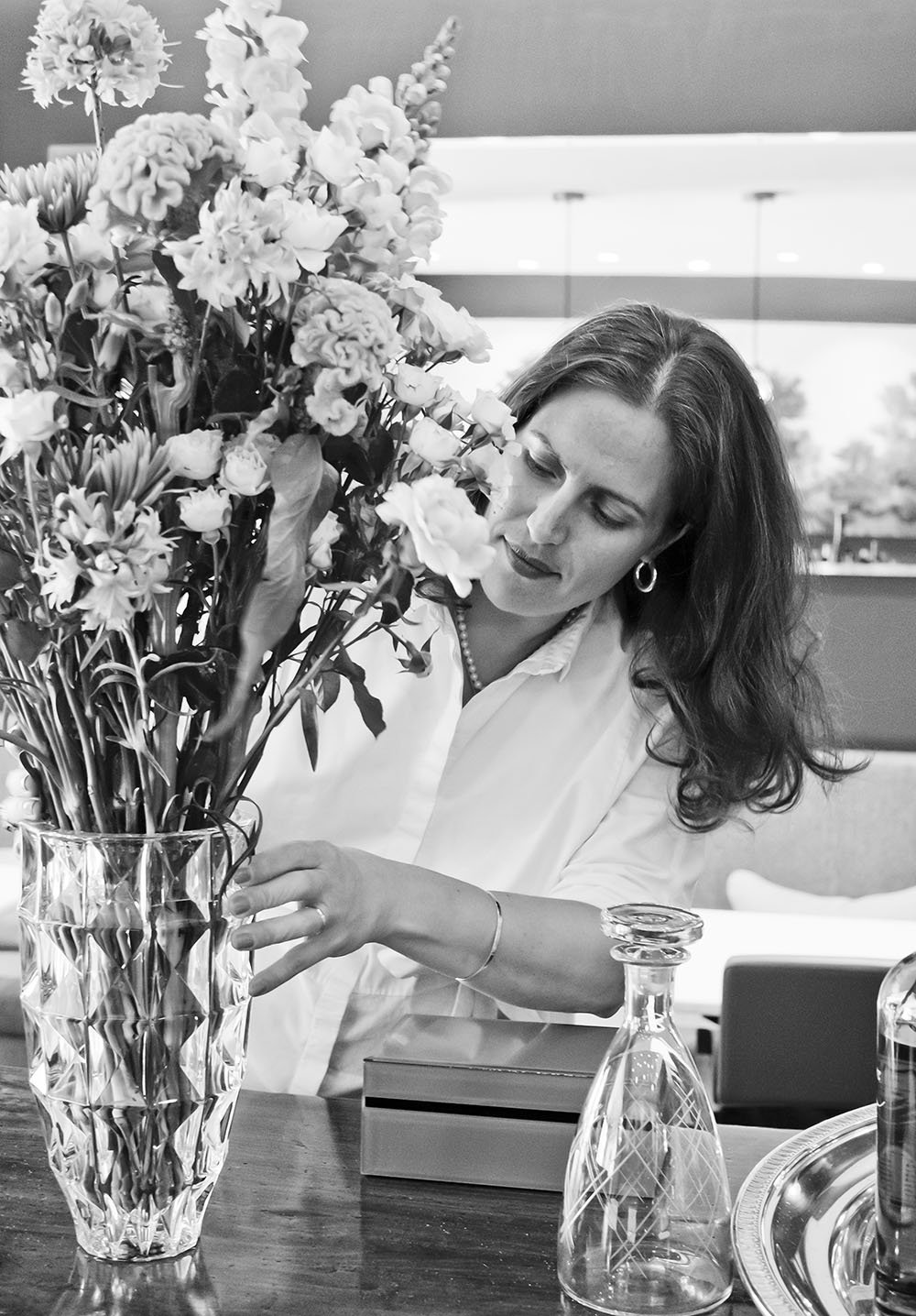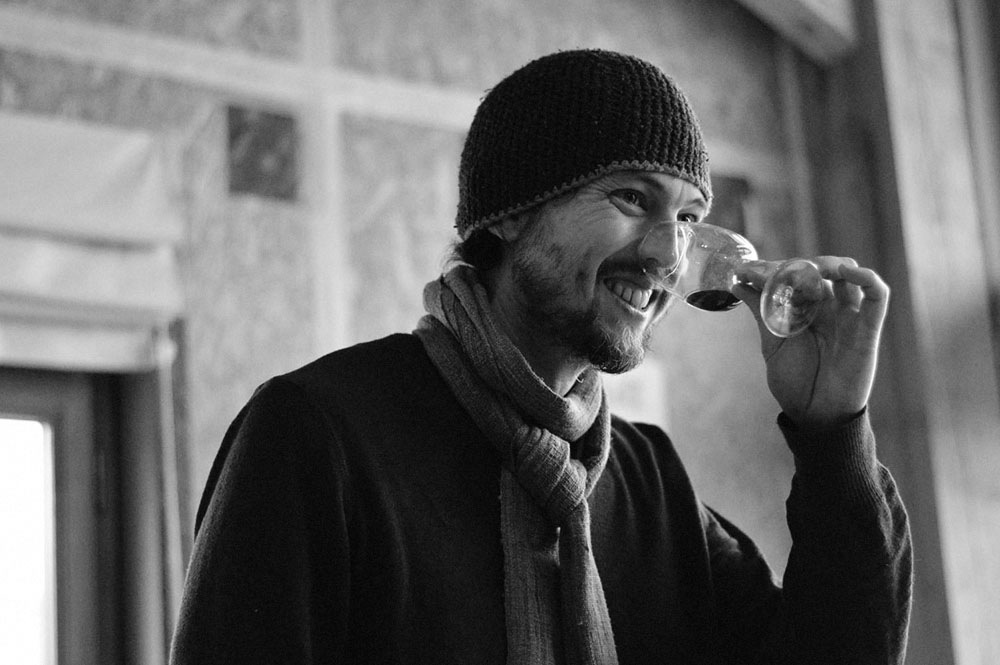Etheliya Hananova
Montreal > Paris
Sommelière and owner of Comice
Where did you get your start?
I started out in wine in New York, then went to sommellerie school just outside of Montreal, and worked at Le Club Chasse et Pêche, which was as much of a wonderful training ground and wine school as any formal education.
Why did you decide to move?
My husband, Noam, who is a chef, was set on cooking in France and I was ready for new challenges and interested in living in close proximity to vineyards in Europe. We got sponsored to come work here together in 2014 and figured that it was a once-in-a-lifetime opportunity.
Describe your current role in the wine industry.
I own a Michelin-starred restaurant in the 16th arrondissement of Paris with my husband. I oversee the dining room and am the wine director.
What’s easier about working in the wine industry where you are now based?
Interacting with the winemakers on a regular basis (a lot of them come through Paris on a frequent basis), tasting wines of the same vintage several times over the year.
What was the biggest challenge when you began working in wine outside of Canada?
The adjustment to working in a culture steeped in tradition. It’s both wonderful and sometimes limiting, as people can be a bit closed-minded about non-French wines or non-classic regions and styles. But in the four years that I’ve been here, I’ve seen that evolve, which makes me happy.
What do people think/know about Canadian wine where you are now?
They barely know it exists, outside of a select number of people in the wine business. It’s not really a thing here, it doesn’t get exported in this direction very often, from what I can tell. Though I’ve seen the Hydromel from Ferme Apicole Desrochers, which is cool (and good).
If you were going to move again, and continue to work in wine, where would it be?
In the French countryside. Otherwise, Paris is kind of the mecca for us, at least for the foreseeable future. Especially since we own a restaurant here.


